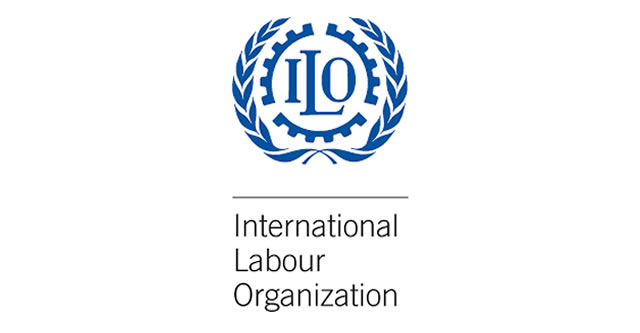The International Labour Organization (ILO) has released a new policy brief highlighting how a systems approach can open opportunities for micro, small, and medium-sized enterprises (MSMEs) while improving working conditions in the lowest tiers of global supply chains.
The brief, titled From Root Causes to Real Change: Using a Systems Approach to Foster Decent Work Deep in Supply Chains, emphasizes that addressing the systemic constraints facing MSMEs can lead to lasting improvements in both business performance and worker welfare.
According to the ILO, while first-tier suppliers often benefit from better access to finance, infrastructure, and compliance opportunities, MSMEs in the lower tiers of supply chains remain disadvantaged.
“These challenges hinder their capacity to grow, improve working conditions and secure better-paying markets,” the ILO stated.
The organization explained that a systems approach enables programmes and partners to identify, prioritize, and address root causes affecting business performance and working conditions. By doing so, interventions can foster sustainable and scalable improvements in job quality.
Dragan Radic, Chief of the ILO’s Micro, Small and Medium Enterprises Branch, stressed that the approach is about long-term solutions.
“Through a systems approach, we aim to strengthen MSME competitiveness and promote decent work by first identifying the root causes of key bottlenecks and later working with ILO constituents to address them in a long-lasting way,” Radic said.
The ILO also noted that MSMEs that integrate into more demanding supply chains — those with higher standards for quality, sustainability, and compliance — can achieve tangible benefits such as enhanced productivity, improved wages, and increased job creation. However, these benefits remain out of reach without tackling the underlying systemic barriers.
Dan Rees, Director of ILO’s Action Programme on Supply Chains, added that such holistic strategies are key to real change.
“This kind of long-term, holistic thinking is what it takes to unlock decent work opportunities where they’ve historically been out of reach. Supply chains can be an entry point for decent work in MSMEs when they are supported within a stronger, more coherent system, achieving real ripple effects in productivity, wages, safety and overall job quality,” Rees said.
The brief underscores that effective implementation of the systems approach requires collaboration among governments, employers’ organizations, and workers’ groups. By working together, stakeholders can design evidence-based, long-term solutions that not only uplift MSMEs but also contribute to more inclusive and sustainable economies.










